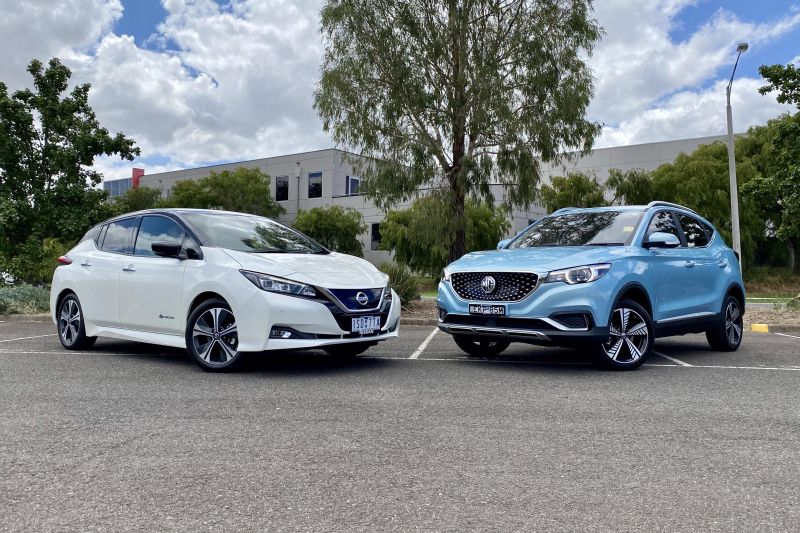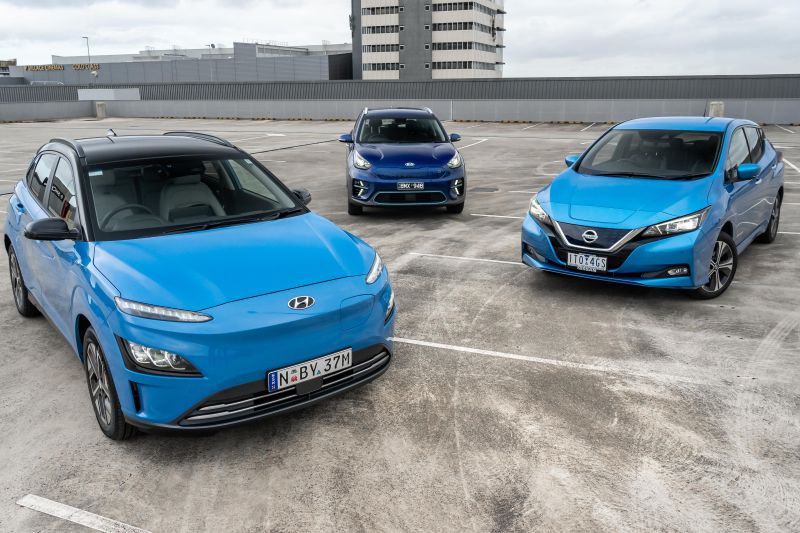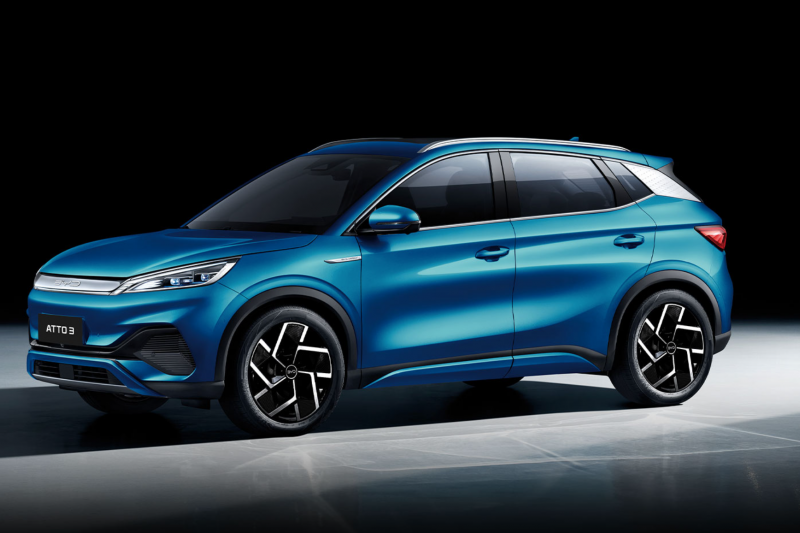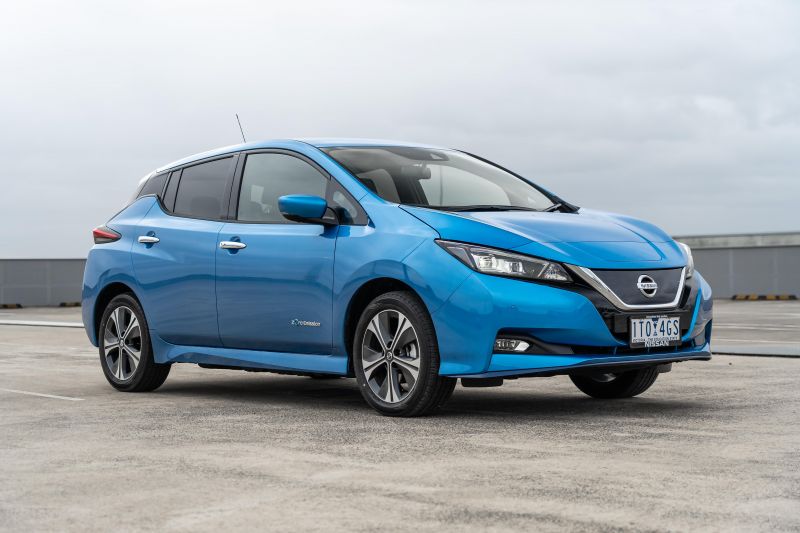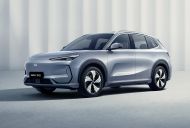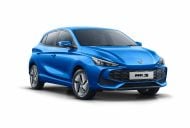Queensland has become the latest Australian state to announce a subsidy on electric vehicles, as the price of petrol hits new highs.
Premier Annastacia Palaszczuk said today that a $3000 rebate would be provided to anyone buying an EV priced at or under $58,000. The policy will kick off on July 1.
The government also committed $10 million to build more public charging stations, “jointly-funded with the local government and private sector”.
The announcement comes as fuel prices hit an average of $2.20 per litre.
The $58,000 price cap means eligible electric vehicles include the BYD Atto 3, MG ZS, Hyundai Ioniq, Nissan Leaf, Hyundai Kona short-range, and the Mini Cooper SE. The top-selling Tesla Model 3 kicks off now at $63,900, so is not eligible.
The electric vehicle rebate in Queensland is the same dollar amount as other programs in place in New South Wales, Victoria, and South Australia, but the price cap is lower.
Federally, the Morrison government has not tabled a rebate package or a much-called-for CO2 emissions target, which many car brands say would help them to secure greater stock allocation from overseas, thereby growing consumer EV choice.
“This will help the many Queenslanders currently waiting for electric vehicles to become more accessible and affordable so they can make the switch,” contended Premier Palaszczuk.
“The skyrocketing price of petrol is putting enormous strain on household budgets. I know there are plenty of Queenslanders out there who want to make the switch to electric.
“We all want to see reduced emissions and a cleaner environment. That’s why we are going to do what we can to make the cost of electric vehicles that little bit cheaper.
“Global warming increases the frequency and severity of extreme weather as we have seen all too clearly in the past two weeks. This announcement is a key part of our Zero Emission Vehicle Strategy: the goal is to reduce our emissions and reduce the impact of climate change.”
“Today’s announcement is a significant move in the right direction for Queensland,” said Electric Vehicle Council chief executive Behyad Jafari.
“Queensland was the first Australian state to develop an EV strategy and today’s announcement shows there’s still strong momentum toward an electric future in the Sunshine State.
“We know Queensland drivers already have great enthusiasm about the idea of switching to an EV, this package will help convert a lot of that enthusiasm to action.
Mr Jafari said there’s still room for future progress.
“Direct company incentives would also attract more EV supply chain investment to the state. And with a strong manufacturing presence in the state, the Queensland Government might also consider ways to support the uptake of electric trucks.”
The Insurance Council of Australia says around 11,000 Queenslanders have filed car insurance clams due to flood damage from the recent generational disaster.
More Australians are moving towards electric cars, with sales skyrocketing to around 17,000 units last year. But that’s less than 2 per cent of the total market, so there’s a long way to go to get to the levels of market share in Europe, China, or the US.
Electric car policies across Australian States and Territories (policy sheets linked)
- New South Wales: $3000 subsidy on EVs capped at $68,750, removal of stamp duty
- Victoria: $3000 subsidy on EVs capped at $68,740
- South Australia: $3000 subsidy on EVs capped at $68,750, and three years free registration
- ACT: Stamp duty and rego costs waived
- Tasmania: Stamp duty costs waived
- Northern Territory: Reduce rego and stamp duty
- Western Australia: Funding infrastructure
MORE: Government to fund electric car infrastructure, won’t offer subsidies
MORE: Australia-wide EV policy needed to avoid ‘chaos’, says FCAI
MORE: Volkswagen, EV Council demand national electric car policies now
MORE: Nissan questions Australia’s EV policy patchwork, awaits election pledges





